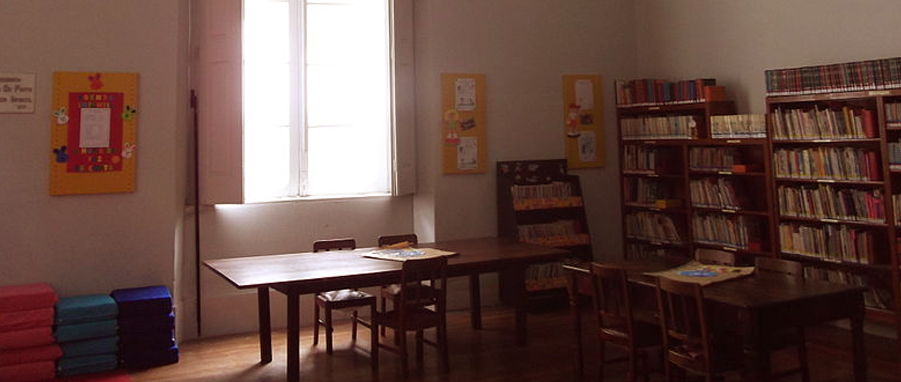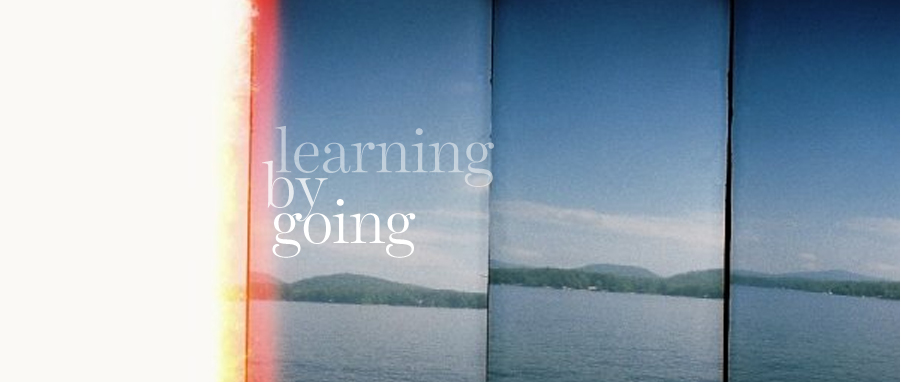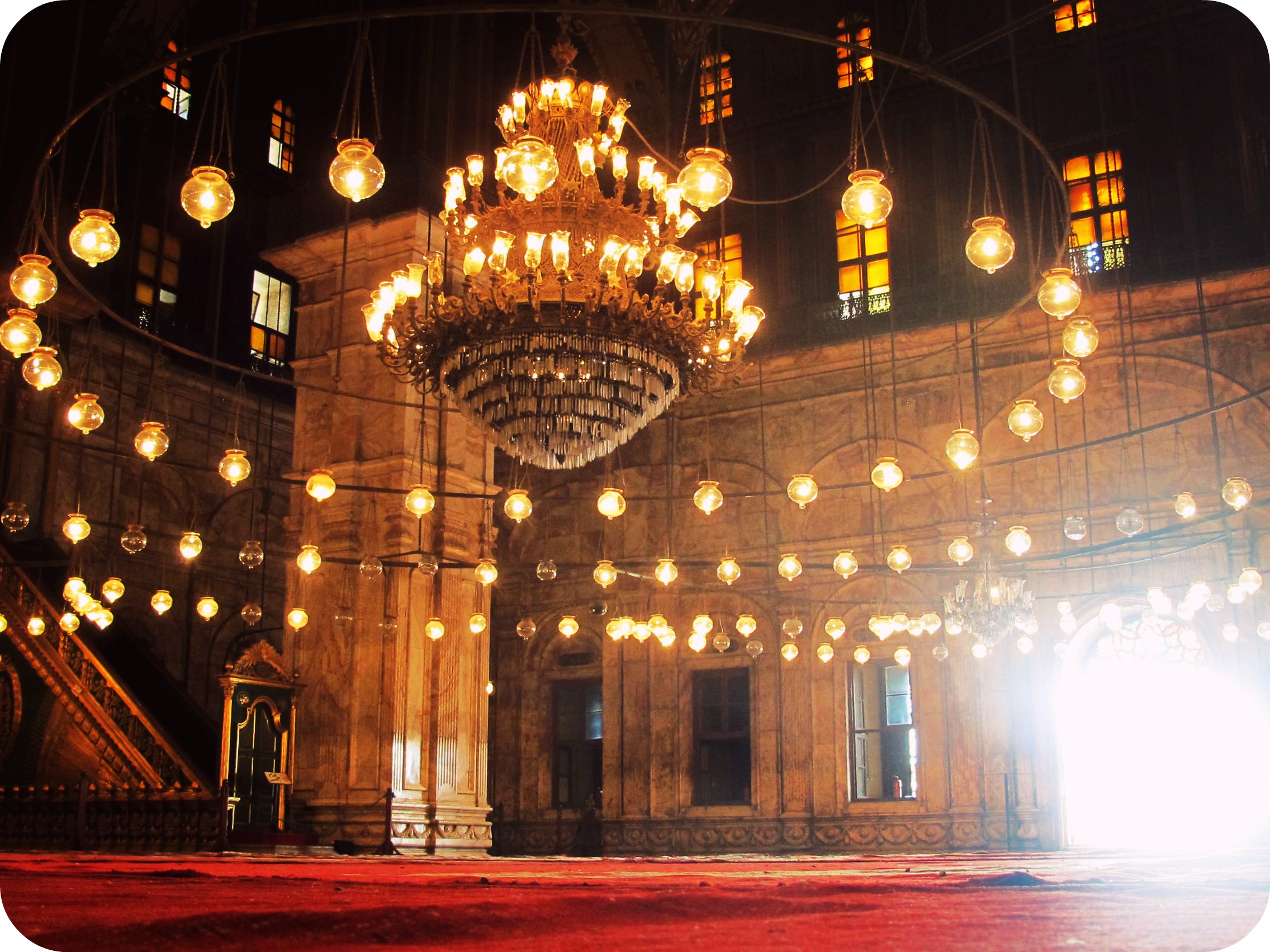For our first non-navel-gazing edition of the F Words, I knew I needed to give you guys something really, truly, spectacularly great. To that end, I strong-armed my incredibly talented friend Nicole Cliffe into sharing her (always ridiculously entertaining) thoughts about cooking, gender roles, and parenthood. Nicole is one of the smartest, sanest, funniest and most wonderful women I know - and not only because we first bonded over our shared love of Sondheim.
Some of you likely know Nicole from her work as the newly-minted Books Editor for The Hairpin---and if you haven't been reading along with her incredible Classic Trash series, posted over at The Awl, you should start catching up immediately. (Her take on Valley Of The Dolls is a personal favorite of mine.) But, before you dig out your copies of Peyton Place and Gone With The Wind - and your mom's copy of Clan Of The Cave Bear (Dirty!), let's hear what Nicole has to say about feminism and food - peach pie, in particular.
Tell us a bit about your day job.
I'm the Books Editor for The Hairpin, which is so little effort and so much fun as to be almost embarrassing. I also write a biweekly/monthly column for The Awl, Classic Trash, in which I discuss noted works of gooey literature.
How did you learn to cook?
Post-college, definitely. I went the "buy complicated cookbook, treat like a logic puzzle" route. Then, like most people, I relaxed into a little stable of reliable dishes and went from there. If you're not a cook, I recommend throwing a little dinner party for two friends, and cooking Thomas Keller's roast chicken recipe (it's on Epicurious) and making a green salad with a bit of goat cheese and sliced beets from a jar, plus this pie for dessert. When you're just starting out, the perfect formula is a) your main, b) a starter or side that need only be assembled, and c) a make-ahead dessert that can sit on your counter taunting your guests. And, obviously, a fancy vanilla-bean ice cream to serve with it. Keller's chicken is perfect, but deactivate your smoke alarm first.
Do you prefer to cook alone, or with friends or family?
ALONE. Get the hell out of the kitchen. I have tremendous amounts of performance anxiety. My father-in-law kept hovering over me when I was making my first Thanksgiving dinner, and once he finally got to "you know you're using that cutting board upside down?" I had to bounce him formally. Of course, that was also the year I made the goose, and was using one of those awful single-use foil roasting pans. It snagged invisibly on the element coil, and about three cups of goose fat settled into the top of the stove. The goose, of course, was delicious, the experience of using a putty knife the day after to scrape congealed goose fat out of the stove, less so.
As long as you don't watch what I'm doing, you're welcome to stay and make me a gin and tonic and talk to me about Mad Men.
What’s your favorite thing to make?
I do a two-day plan about once a week, where I bake too much mustard-y salmon for dinner with sauteed peppers and mushrooms or zucchini, then for dinner the next night I nestle my leftover fillets and vegetables in a frittata and liberally coat the whole thing in goat or feta cheese and a dash of cream. It's a little different every time, goofproof, and the frittata makes you look like a pro.
If you had to choose one cuisine to eat for the rest of your life, which would it be?
Indian. There's nothing so soothing to me as rice-and-sauce. A jar of ghee survives in my house for about two weeks.
What recipe, cuisine or technique scares the crap out of you?
Mandolines. Mandolines. Mandolines. And anything that has to be flipped, poached, or, God-forbid, only gels correctly 80% of the time.
How do you think your relationships with your family have affected your relationship to food and cooking?
We're all eaters, and we all start thinking about what we'll have for lunch halfway through breakfast. We never socialize in the living room, we're always in the kitchen.
Even today, home cooking is strongly associated with women’s traditional place in the family and society. How do you reconcile your own love of the kitchen with your outlook on gender roles?
I was extremely lucky, I think, to grow up with a male homemaker and a working mother. My mother is a great cook (the recipe I'm sharing is one of hers), but my father is a genius. He makes his own samosas, he has a clay baker, he makes his own pasta, he's never bought salad dressing. In my marriage, however, I'm the cook, and now I have a baby, so I'm a cook-balancing-a-baby, which is a visual I hadn't really internalized for myself. My husband is older than I am by over ten years, and I do notice a bit of a gender AND generational divide in domestic duties. Which doesn't bother me, mostly, as we have great communication around it, but I think that most women I know have husbands that are far more hands-on than their own fathers were, and, having had a male primary caregiver in my childhood, I'm having the opposite experience.
I think a larger factor is that my husband is fundamentally dis-interested in food, other than as fuel, which, for me, is like being an anthropologist every day. I stand there, making notes, watching him not obsess about food. When they eventually develop a pill you can take with a glass of water thrice daily to provide all of your nutritional needs, he'll be the first one in line.
I'm very ughhhhh about choice feminism, generally, but, like most of us, there are things I get really incensed by (name-changing, Brazilian waxing) and things I just merrily roll along with (doing 100% of the laundry and dishes and cooking). That being said, I think the fact that I choose to shoulder the domestic stuff is not a feminist choice, and doesn't occur in a vacuum. I would say I'm a feminist who, for various reasons, has made some choices I would consider un-feminist. I can make my peace with that, but I don't try to do a juggling game to justify it as furthering the course of equality: it doesn't. As the mother of a baby daughter, I think I'll have to do more work than my mother did to raise a daughter who doesn't have static notions of gender. My family never looked like the breadwinner-dad, apron-mom pictures, so I never bought into them.
Like a lot of women with kids, I've been reading all the interminable pieces on Badinter and the attachment parenting backlash. There's something real there, of course. I planned to be an Attachment Parent, but gave birth, as some of us do, to a daughter who didn't want to sleep with us, lost weight constantly despite 24/7 nursing until she happily switched to Enfamil, and vastly prefers to sit and observe and play with her toys to being worn in a sling. You have to roll with it. And, of course, it makes you question other parts of the intense-parenting lifestyle. I thought I'd make my own baby food, because I had a "natural" birth (just because I skipped the epidural doesn't mean I like the way we create birthing hierarchies) and am generally an organic-seasonal food person, but I was at the supermarket one day and picked up a thirty-cent jar of Gerber's to glance at the ingredients: peas and water. Or, carrots and water. Who gives a shit, then? I bought about eighty jars. She likes them, and I'm not cleaning orange crud out of my food mill. And now we give her bits of what we eat, and she loves it. You have to do what works for you, and I think you have to rigorously protect yourself from doing unnecessary things in order to compete with other women. Ask yourself every day: would I still do this if no one besides my baby and I ever knew? Sometimes the answer is yes: I cloth diaper, and I love it. Sometimes the answer is no: hence the little jars.
Tell us a bit about the recipe you’re sharing. When did you first make it, and why? What do you love about it?
I will eat anything with peaches. If there was a peach-flavored anthrax, I'd be dead now. This is the pie my mother brings to church suppers, to family reunions, etc. I rarely bake, because I find it more stressful than cooking (it's a formula, not a painting) and because I tend towards a more cult-like primal/paleo diet. Because of that, I subscribe to a go-big-or-go-home attitude towards desserts and starches. 98% of the time, I eat meats and fish and eggs and cream and butter and vegetables and berries. But when I make a dessert, I make a DESSERT. Or, of course, I make mashed potatoes with cream cheese. Don't eat it, or do it right. Sometimes, when I make this pie, I think, oh, I could cut the sugar in half. And I've done it, but then the texture isn't quite right. Don't lie to your baking. Embrace it. On a related note, there's nothing I loathe more than those women's magazine articles on making healthier choices at Thanksgiving. It's one meal. Eat whatever you want. It will make zero different in your life or health to eat a single slice (or two, or three) of a wonderful pecan pie. I'm completely neurotic about maintaining a (for me) artificially low weight (which, again, is an active detriment to my feminism), but I will not go to Eleven Madison Park and ask if they can steam some fish for me. I'm going to eat the foie-gras-chocolate torte. And it's going to be delicious. As an atheist, I feel very strongly about the iniquity of attaching shame to our food desires and our sexual appetites. There are only two things that we actually KNOW we're on this planet to do: eat and fuck. Go forth and be glad.
Creamy Dreamy Peach Pie
Nicole Cliffe
For the crust:
1 1/2 cups flour, 1/2 tsp salt, 1/2 cup butter
For the filling:
4 cups sliced fresh peaches, if in season. Canned work "just" as well.
1 cup sugar
2 1/2 tbsp flour
1 egg
1/4 tsp salt
1 tsp vanilla extract
1 cup sour cream (full-fat, please)
For the topping:
1/3 cup sugar
1/3 cup flour
1/4 cup butter
Prepare the crust:
Preheat oven to 400 degrees Fahrenheit. Combine flour and salt, cut in butter. Press into a nine-inch pie plate (deep dish is best). Set aside.
Prepare the filling:
Place peaches in bowl, sprinkle with 1/4 cup of the sugar, set aside. In another bowl, combine remaining sugar, flour, egg, salt, and vanilla. Fold in the sour cream. Stir the mixture into the peaches.
Prepare the topping:
Combine all three ingredients until crumbly.
Finish the pie:
Pour the filling into the crust and bake for twenty minutes. Reduce heat to 350 degrees Fahrenheit and bake for 30-35 minutes more.Remove the pie from the oven and sprinkle the topping evenly over the filling. Set the oven back to 400 degrees Fahrenheit and bake for ten more minutes.
Allow pie to cool before slicing. Eat!
Makes one nine-inch pie.
























